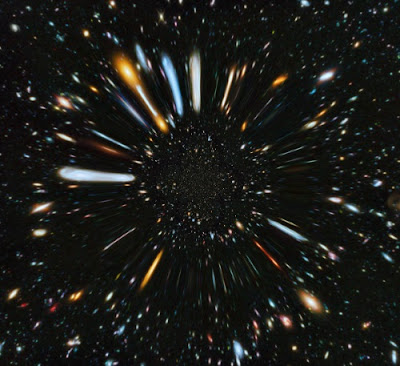Species Confusion and the Created Kinds

Scientists who are involved in biology disagree on the definition of species. Sometimes this happens with individual critters, but the broader use of the term is also disputed. It is the lowest ranking in taxonomy below genus, most often defined as organisms that can mate to produce fertile offspring . Doesn't always work that way, however. Liger at the Novosibirsk Zoo / Wikimedia Commons / Алексей Шилин We hear about hybrids, often in the plant kingdom. Animal hybrids usually cannot reproduce, and one of the most famous examples is the mule, from a male donkey and female horse. There are other hybrid animals as well. Darwin's imaginary "Tree of Life" gets its branches all tangled up with species interbreeding, and sometimes, the hybrids can breed with the parents, creating havoc for scientists at the genus level. It may be slightly less surprising when the matings happen in captivity, but they happen in the wild as well. Materialists like to reject any cons...





